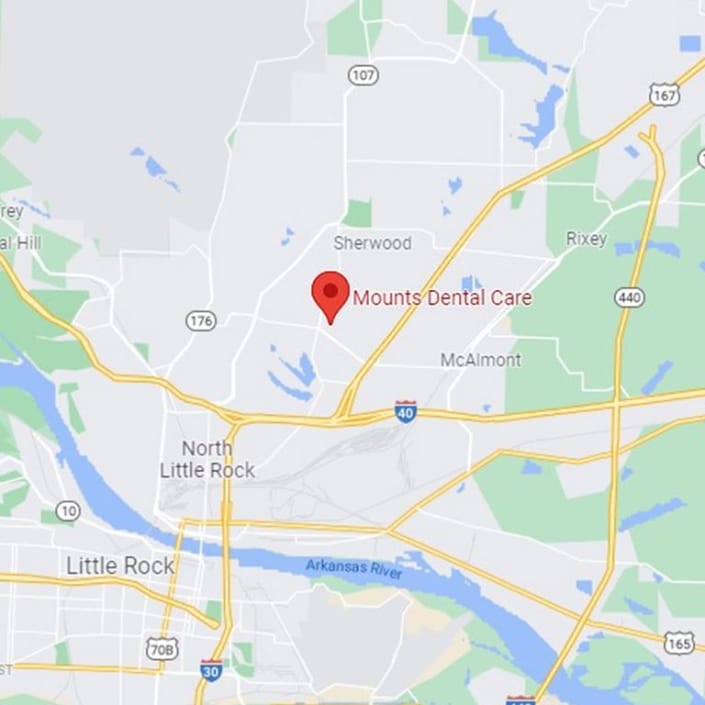3 Reasons To Go To the Dentist Every Six Months
Going to the dentist in North Little Rock, AR, is good for you. In fact, most dentists recommend that their patients come to see them for a check-up and teeth cleaning every six months. If your dentist is asking you to make appointments every six months, you have many good reasons to do so. Here’s what to know about why you should see the dentist twice yearly.
1. Your teeth will stay healthier.
Every time you visit the dentist, you’ll get a teeth cleaning that will help keep your teeth healthy and strong. During the cleaning, the dental hygienist will remove plaque and tartar buildup that may have accumulated on your tooth enamel since the last time you visited.
You’ll also get your teeth polished, and that will prevent more plaque and tartar from building up after the visit is over. The result will be a reduction in bacteria in your mouth, which will help your teeth stay healthy.
2. Your teeth will look better.
Your teeth look their best when they’re clean. If you’re coming to the dentist every six months, you’ll enjoy healthier-looking teeth and gums. Are you interested in getting your teeth whitened? Your dentist can also take care of that – ask about it the next time you come in for a cleaning.
3. You’ll avoid painful conditions.
Unhealthy teeth can develop painful conditions like cavities and infections. When you get your teeth cleaned regularly, you’ll avoid problems like this. Unless you’re excited about getting a root canal or a cavity filling, it’s better just to go to the dentist regularly.
Need to schedule a teeth cleaning in North Little Rock, AR? Call Mounts Dental Care to make an appointment.







